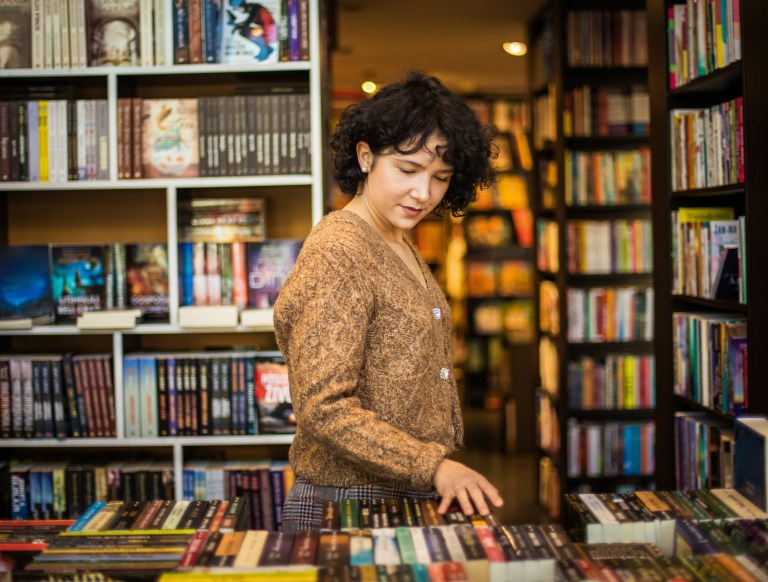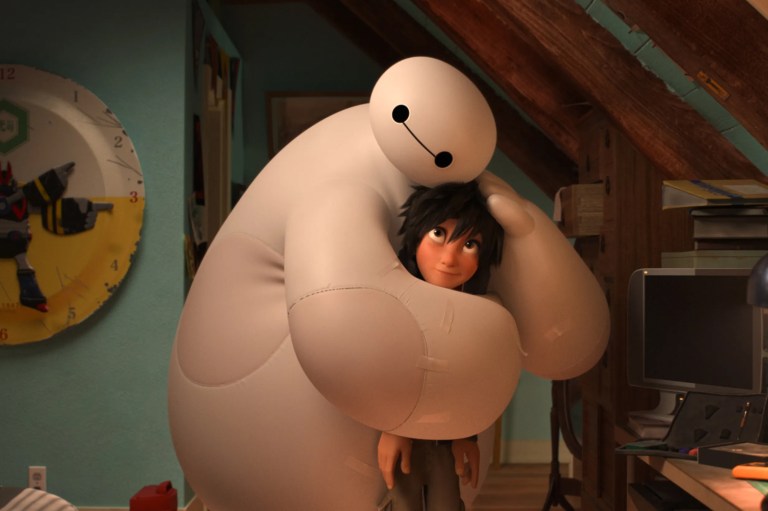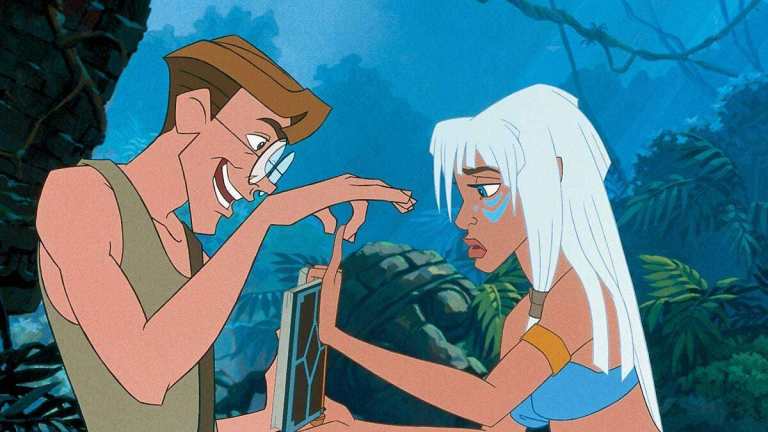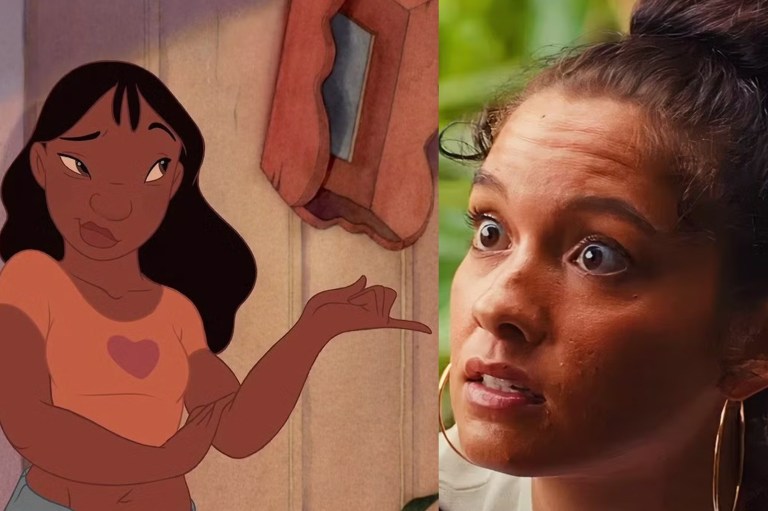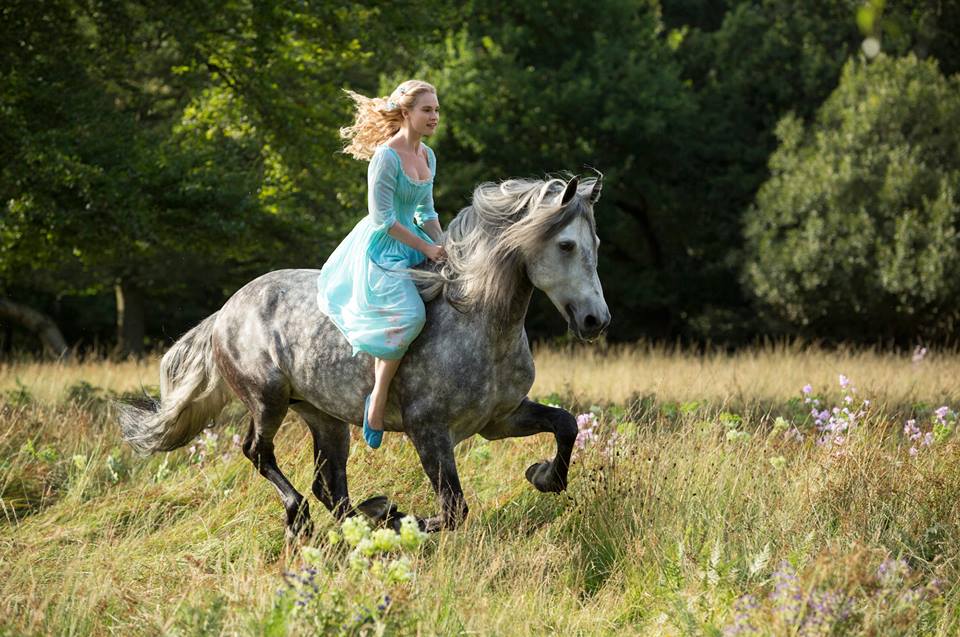
Here’s Why Every Disney Princess Is A Feminist (Yes, Even Snow White)
A lot of people ask me how I can be a hardcore Disney fan and an intersectional feminist at the same time.
By ![]() Maria Elena
Maria Elena
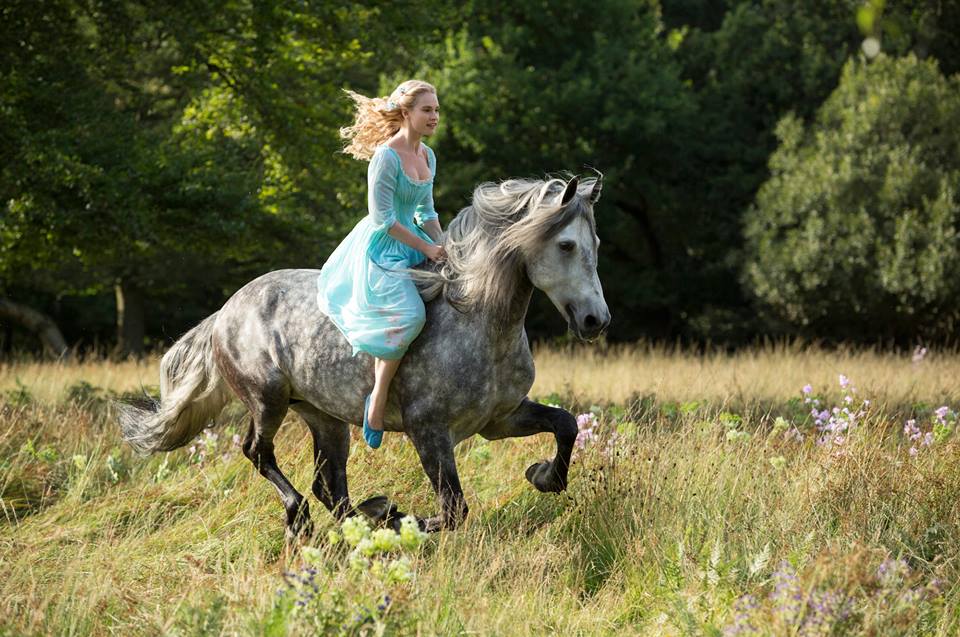
A lot of people ask me how I can be a hardcore Disney fan and an intersectional feminist at the same time.
Welllll, it’s easy. I love everything about Disney. From the animation style, to the message behind the films, to the imagineering you see at the parks. It’s pure magic. Magic that I believe doesn’t contradict the ideals of intersectional feminism. Intersectional feminism is about empowering all women, and that should include ALL of the Disney princesses. Not just the ones that happen to be fiercely independent and strong.
Typically, the three princesses that often are criticized through a feminist lens are Cinderella, Aurora, and Snow White. They all portray the “damsel in distress” archetype, and from what it seems like, they all crave a man in their life. They’re all white, rather skinny, and they all cling to conventionally feminine traits. To this day, they’ve been criticized in probably about 75,492 thinkpieces on the Internet….and I’m just going to be honest with you here: they don’t deserve it.
Let’s not forget that Snow White was released in 1938, while Cinderella was released in 1950 and Sleeping Beauty came shortly after in 1959. Not to mention, all of them are inspired by fairytales and folklore from as early as 1697. Therefore, is analyzing these princesses and their stories in 2016 even worth it? These are practically medieval stories. And whether you like it or not, they’re always going to be looked at as iconic considering they’re the only princess movies released while Walt Disney was alive.
While we all love seeing princesses showcase strength, independence, and all-around-badass-ery, is it so wrong for the princesses to be stereotypically feminine?
If we’re shaming Cinderella, Aurora, and Snow White for their own choices, I can’t help but ask: am I not allowed to dream of being loved by a man? Am I not allowed to wear sparkly dresses and prance around a forest? Am I not allowed to bake pies and brush my hair? Is it really shameful to have a few conventionally feminine traits?
Since 1959, we’ve seen much more diversity in both personality, color, culture, and overall outlook on life. We’ve seen passionate Ariel, fierce Jasmine, intellectual Belle, hard-working Tiana, awkward Anna, strong Mulan, spiritual Pocahontas, and much more. When it comes to Disney, both young girls and grown women have so much to look up to and as far as I’m concerned, it’s only up from here.
Disney has been making baby steps towards representation for everybody since the 90s, and I think today, that’s more clear than ever. In 2016, they released the TV series Elena of Avalor, featuring a Latina princess and a primarily Latinx cast, as well as feature film Moana, featuring a Polynesian princess and a full Polynesian cast. Not to mention the box office hit Zootopia, that hinted at themes of feminism, police brutality, diversity and togetherness.
Don’t get me wrong — I’d love to see more representation and diversity within the Disney company. But these things take time and I’m thrilled they’re making an effort.
Maybe you’ve been dreaming of your wedding your entire life like Snow White, or perhaps you’re not interested in a man like Merida. Maybe you’ve had your life handed to you like Anna or maybe you’ve worked for everything you have like Tiana. Maybe you’re a born badass like Mulan or maybe you need a little guidance like Moana. Maybe you want to cry in a corner like Aurora or maybe you want to get shit done like Belle. Maybe you grew up in a broken family like Cinderella or maybe your parents are your best friends like Rapunzel.
Regardless of who you are or where you come from, no one should be invalidating your self-worth and your experiences.
The reason I love the Disney Princess franchise so much is because it shows you that although all women are intensely different, they’re all made of magic.
And ultimately, they use that magic to make their own choices and live their happiest life despite all the unfortunate obstacles life throws at them.
The concept that every female character has to be strong and independent is ridiculous. Women are interesting, unique, and far more complex than we could ever imagine.
No matter what Disney princess you identify with the most, one thing is clear: You are valid. And so are they. ![]()
